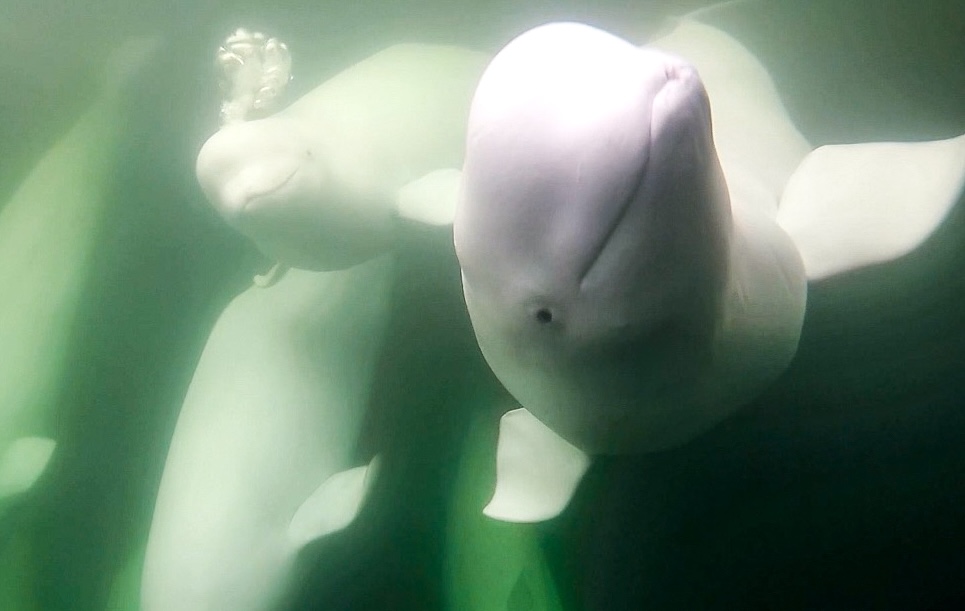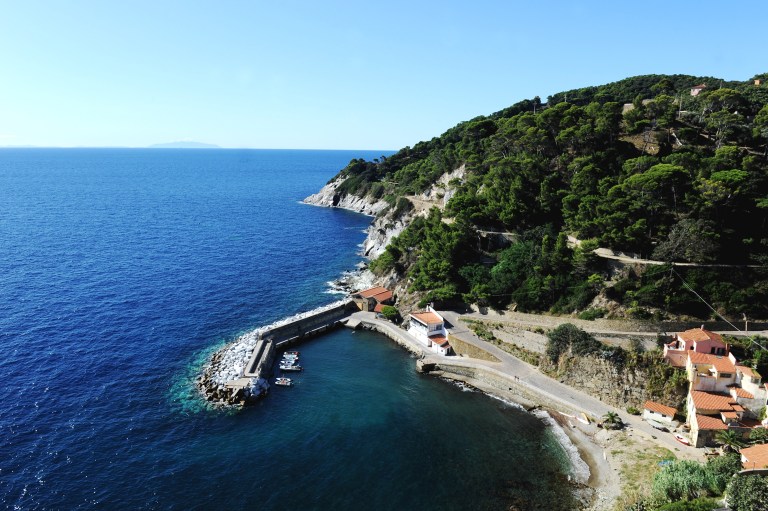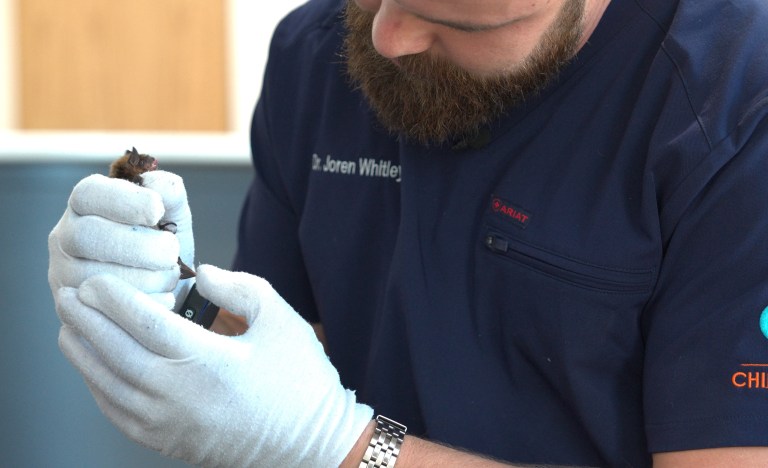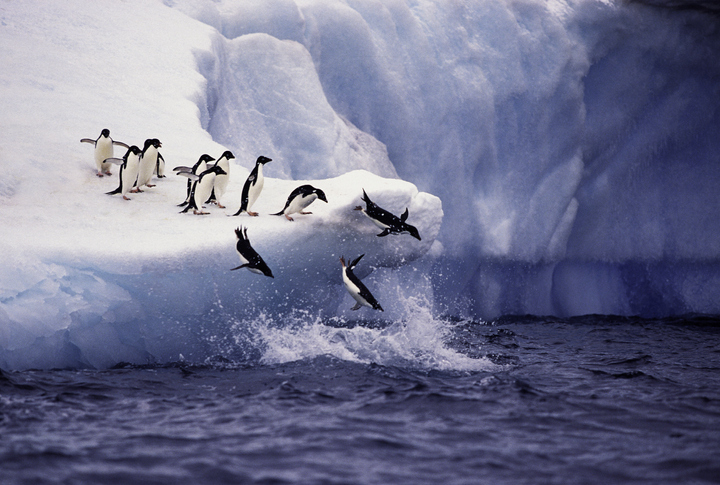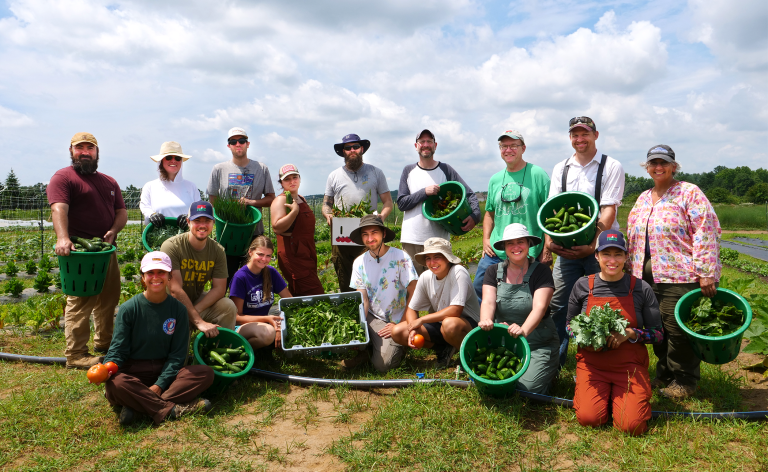Each year on July 15, Polar Bears International hosts Arctic Sea Ice Day to raise awareness about the Arctic and the threats it faces — particularly that it may be warming four times faster than the rest of the planet. Sea ice is critical for a number of species, including polar bears and beluga whales, and per tradition, the nonprofit is celebrating the day with the launch of its popular Beluga Cam, a collaboration with explore.org.
Around 57,000 belugas make the trek southward from the Arctic to their summer grounds in Canada’s Hudson Bay, the shallow waters of the Churchill River estuary providing the ideal environment to feed, mate, and give birth. Thanks to the Beluga Boat, equipped with above- and below-water cameras and underwater microphones, citizen scientists around the world can get a live, up-close look (and listen) at the endearing animals.
“The Beluga Cams offer a rare, intimate window into the lives of beluga whales in Hudson Bay, which is an ecosystem experiencing rapid change due to climate warming. Because belugas live in such remote areas, they’re tough to study, but the Beluga Cam is helping bridge that gap through citizen science,” Alysa McCall, Polar Bears International’s director of conservation outreach, told Nice News.
“It’s helping us learn more about their behavior, pod dynamics, and how they’re adapting to a shifting Arctic,” she went on. “Just as importantly, it’s helping people around the world connect with these curious, chatty whales in real time — and we believe that connection is essential to conservation.”
Beloved for their playful demeanors and range of vocalizations, belugas rely on sea ice for survival. They use it directly to hide from their predator, the orca, and indirectly as a source of food. “Sea ice is to the Arctic what soil is to a forest,” Polar Bears International explains on its website.
“The ice supports the growth of algae, which feed microorganisms, which feed fish, which feed seals and belugas, which feed polar bears,” it continues. “Belugas rely on this ocean garden for food, just like the many other creatures that have evolved to depend on the sea ice.”
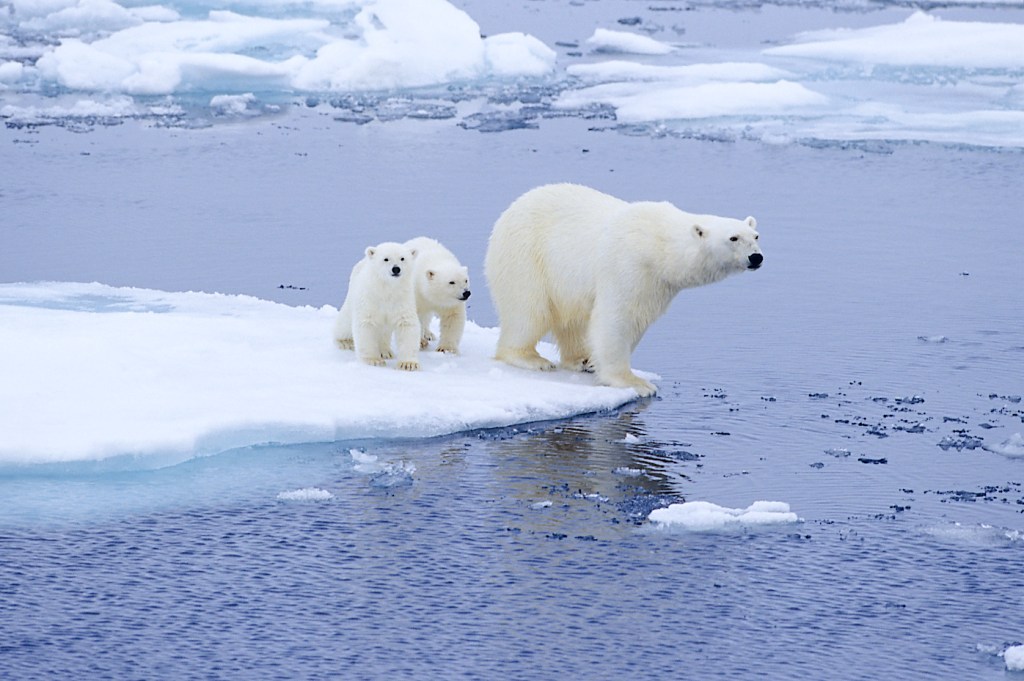
If you’re interested in helping advance beluga research and conservation, consider contributing to the Beluga Bits research project. Here’s how it works: When Beluga Cam viewers spot a whale onscreen, they’re encouraged to take a snapshot. Those snapshots are then uploaded to another database, where volunteers answer questions about the photos to help researchers classify and understand the whales that visit Churchill River. So far, nearly 35,000 volunteers have made over 1 million classifications.
To donate to Polar Bears International in honor of Arctic Sea Ice Day, click here. “Sea ice is essential for polar bears, belugas, and ultimately, all of us. It forms the foundation of the Arctic ecosystem and regulates Earth’s climate,” Executive Director Krista Wright shared in a news release, adding: “We hope Arctic Sea Ice Day inspires people to protect this incredible part of our planet. Every degree — and every decision — matters.”
RELATED: Denali National Park’s Sled Dog “Puppy Cam” Is Live: Meet This Year’s Litter
